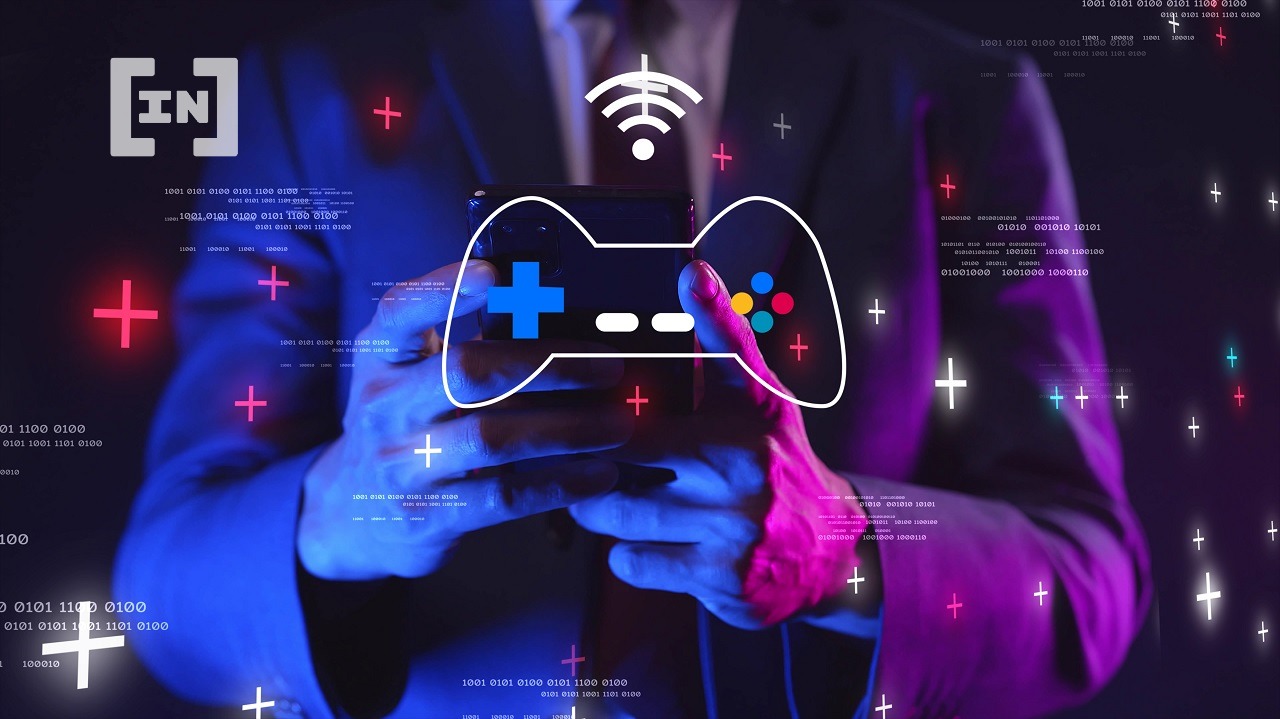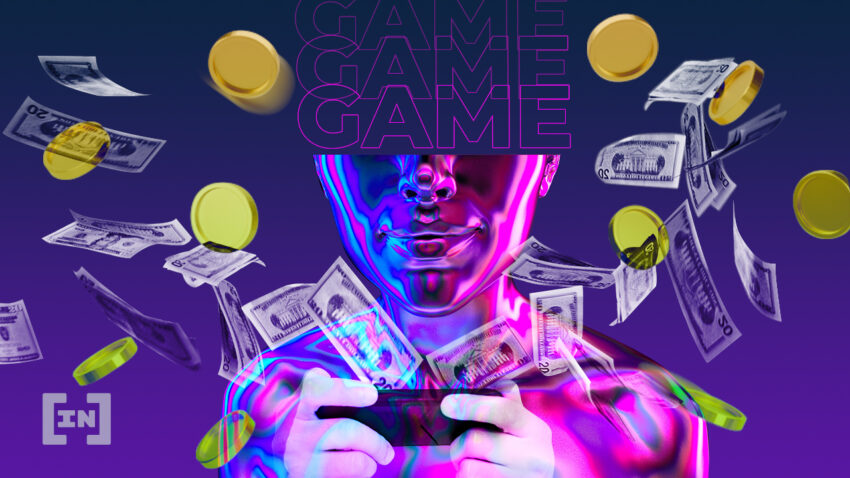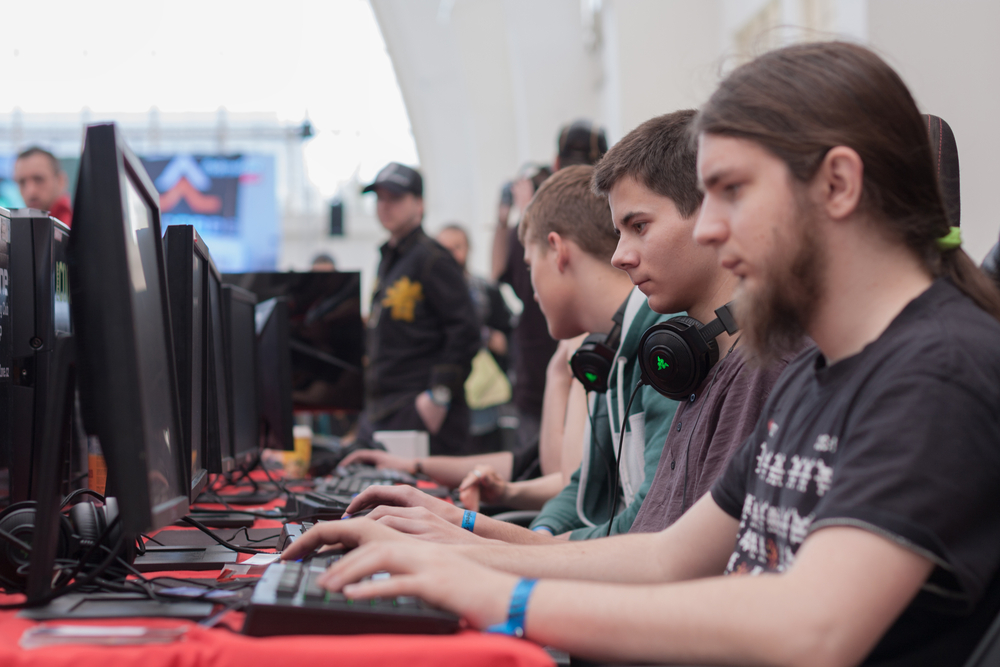Blockchain’s Disruptive Impact on Gaming
0
0

In our world today, blockchain technology is at the forefront of almost every innovation. A groundbreaking innovation itself, the blockchain was initially associated with cryptocurrencies but is rapidly disrupting other industries.
From Finance and healthcare to supply chain management and even voting systems, we are experiencing the impact of blockchain technology at a seismic level. Its core tenets of transparency, security, and decentralization are proving—and continue—to be a potent recipe for change. Blockchain has empowered individuals and promoted new ways of interacting with the world around us.
One of the industries that has been impacted the most by the influence of blockchain technology has been the gaming industry. This industry, with an estimated value exceeding $200 billion, is no stranger to disruption. From the rise of mobile gaming to the explosion of eSports, the gaming industry has constantly adapted to new technologies and other consumer preferences.
Now, the concept of play-to-earn (P2E) is rapidly gaining traction. This gaming model offers players ownership of in-game assets and the potential to earn real-world rewards through gameplay.
According to DappRadar, in January 2024, the number of daily Unique Active Wallets (UAW) interacting with P2E games reached 1.5 billion. This was 28% of that month’s entire industry activity and highlighted the increasing user base in this space. This shift is attracting a new wave of users to the cryptocurrency world while reshaping the gaming and eSports scenery. In this article, we will dive into the disruptive impact of blockchain technology on gaming.
Rise of play-to-earn (P2E)

The advent of P2E games has brought a fundamental change in the player experience. Traditionally, gamers dedicated their time and resources to virtual worlds, acquiring in-game items and characters with value within the confines of the gameplay. Blockchain technology has disrupted this model by introducing the concept of ownership.
Players can now own unique digital assets within a game through NFTs. These assets are not exclusive to the game alone; they exist on a blockchain, which is a secure and transparent digital ledger that allows players to freely trade, sell, or rent them on secondary marketplaces. This creates a dynamic player-driven economy within the game, promoting a deeper connection and giving the players a true sense of ownership over their digital experiences.
In 2022, the global P2E Games market was valued at $32.9 billion. This figure is projected to increase at a CAGR of 17.93% to $88.6 billion by 2028. Ownership, however, isn’t where the disruption stops. The P2E model incentivizes long-term engagement and rewards skilled players for their dedication.
Imagine earning cryptocurrency or other valuable tokens through your gameplay, competing for real-world prizes, or accumulating tradable in-game resources. With P2E, players can potentially generate income through their passion for gaming, blurring the lines between entertainment and work.
The rise of P2E gaming is just the beginning. As blockchain technology continues to grow and integrate seamlessly into the gaming experience, even more innovative models will emerge. There are some already; Move-to-Earn (M2E), Watch2Earn (W2E) etc. This disruption is democratizing gaming, empowering players, and creating entirely new revenue streams within the industry. The future of gaming is being shaped by blockchain, and the possibilities are vast and exciting.
NFT-powered adventures in P2E gaming
According to Statista, the global Non-fungible token (NFT) market size was worth a staggering $41 billion in 2021—an amount that neared the total value of the entire global fine art market ($50 billion in 2020)—and is projected to experience continued exponential growth.

NFTs are revolutionizing the concept of ownership. These unique digital tokens act as deeds of ownership for in-game assets, transforming them from part of the gaming build to valuable possessions. Imagine a virtual fantasy world where your spear isn’t only a digital weapon but also a one-of-a-kind NFT you can customize, upgrade, and even sell to other players on a secure marketplace.
Rewards like these empower players to invest in virtual experiences, promoting deeper connections and a sense of true belonging within the gaming world.
The P2E model goes a step further. By integrating NFT mechanics with gaming, players can earn rewards for their achievements. This could involve anything from conquering challenging dungeons to fighting and slaying mythical beasts to participating in competitive tournaments and crafting rare items.
These rewards, often in the form of cryptocurrencies or tradable tokens, can then be used to enhance their characters, purchase new in-game assets, or they can even be cashed out for real-world value. This creates a compelling economic dynamic, where players are not just passively consuming content but actively contributing to and profiting from the game’s ecosystem.
NFT-powered P2E games like Sidus Heroes is a prime example of that trend. Sidus Heroes is a futuristic Massively Multiplayer Online Role-Playing Game (MMORPG) that leverages the power of NFTs to create a truly player-driven economy. By using NFTs in the game, players can own in-game content which opens doors for trading, selling, or renting these possessions. This ultimately creates a vibrant marketplace fueled by blockchain technology.
Democratizing eSports with blockchain technology
The impact of blockchain technology on gaming extends beyond NFTs. Companies like QORPO are using this technology to revolutionize the world of eSports. QORPO has positioned itself at the point where blockchain technology and eSports meet, aiming to make professional-level competition accessible to a wider audience. Their flagship project, Citizen Conflict, is a hero shooter game that combines fast-paced action with a robust eSports infrastructure powered by blockchain technology.

Here’s where things get more interesting. Traditionally, aspiring eSports stars face significant barriers to entry, often lacking the resources or connections to compete at the highest level. QORPO’s blockchain technology can change that. By creating a fair and transparent system, Citizen Conflict empowers talented players to showcase their skills and potentially earn rewards that could propel them onto the global eSports stage.
This approach has the potential to disrupt an eSports industry that reached a worldwide audience size of 532 million people as of 2022 and is expected to reach over 640 million viewers worldwide by 2025. By leveraging blockchain, QORPO is paving the way for a new generation of eSports stars, and pushing for a more inclusive and meritocratic competitive scene.
Bridging the gap between traditional and blockchain gaming
P2E has the potential to bridge the gap between traditional and blockchain gaming experiences. Traditional gamers often value high-quality graphics, intuitive interfaces, and engaging storylines. Blockchain games, on the other hand, can sometimes prioritize complex mechanics or the underlying technology over user experience.
New P2E projects are recognizing this need for accessibility. By focusing on user-friendly interfaces and captivating gameplay alongside the benefits of blockchain technology, they are creating a welcoming environment for both seasoned gamers and newcomers to the crypto space.
Imagine an Open-World MMORPG that boasts stunning visuals and a rich narrative while simultaneously allowing players to own and trade unique in-game items through NFTs. This approach caters to the core desires of traditional gamers while introducing them to the exciting possibilities of P2E.

In the last two sentences, I have just described Outlanders. Outlanders is an open-world MMORPG that bridges the gap between traditional and blockchain gaming. This project recognizes the importance of user experience, offering intuitive interfaces, engaging gameplay, and high-quality graphics that resonate with both seasoned gamers and newcomers to the world of cryptocurrency.
This focus on user experience is crucial for the mainstream adoption of P2E gaming. By removing technical barriers and offering familiar gameplay mechanics alongside the benefits of blockchain technology, these innovative projects can attract a wider audience. This not only expands the player base for P2E games but also fosters a more diverse and vibrant gaming community. Ultimately, it will lead to a more robust and successful future for the entire P2E ecosystem.
The future of gaming is P2E
The rise of these P2E games represents a glimpse into the future of gaming. Blockchain technology is not just about creating new experiences; it’s about empowering players, fostering community ownership, and creating a more equitable and rewarding gaming landscape. As the industry continues to evolve, we can expect to see even more innovative P2E models emerge, transforming the way we play, compete, and potentially even earn a living in the virtual world.
0
0









